
- Lierac

- Lierac
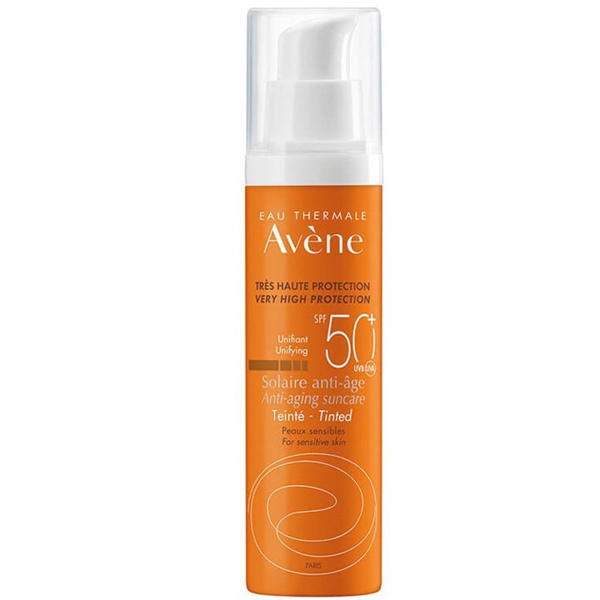
- Avene
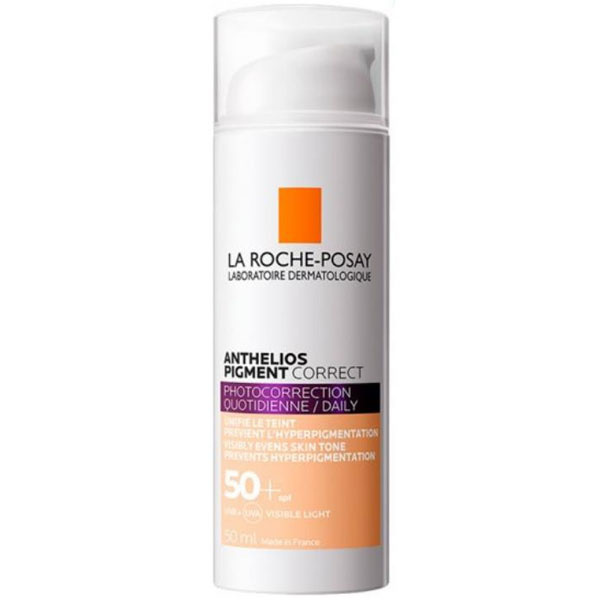
- La Roche Posay
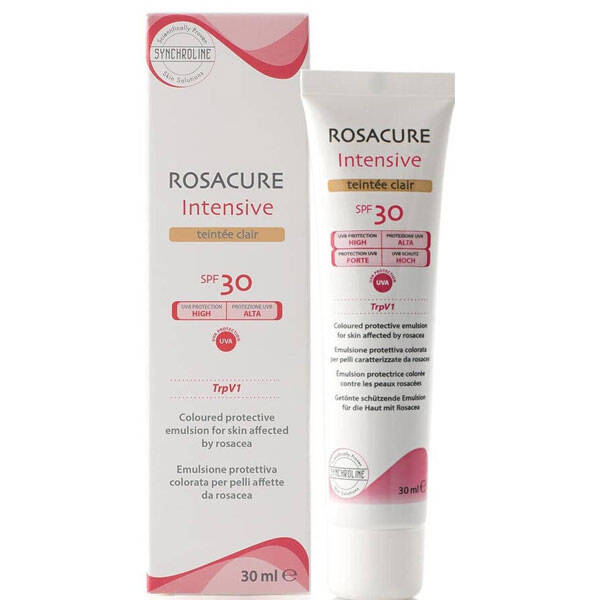
- Synchroline
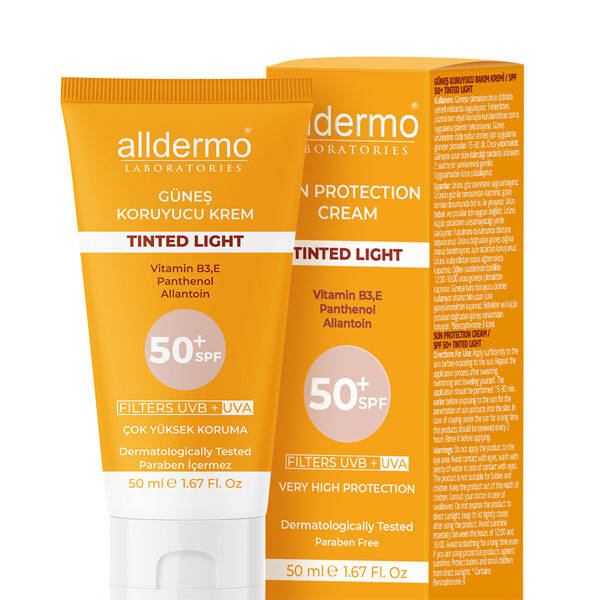
- Alldermo
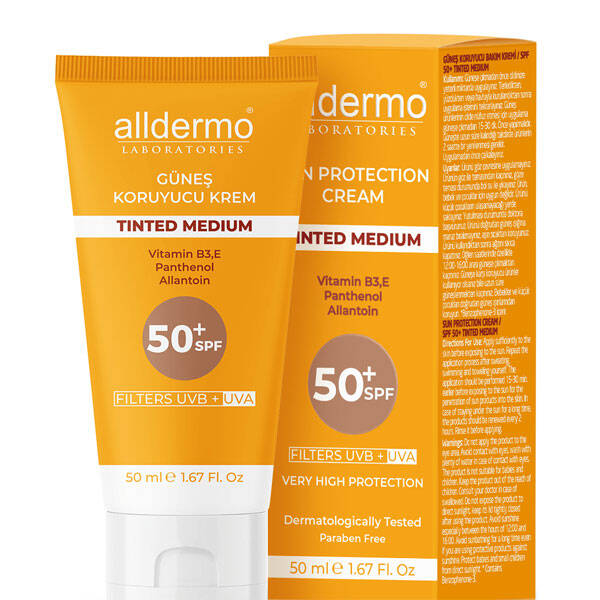
- Alldermo
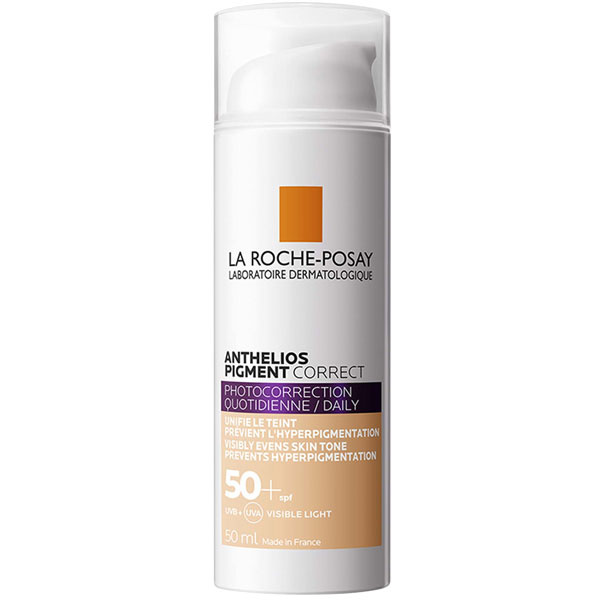
- La Roche Posay
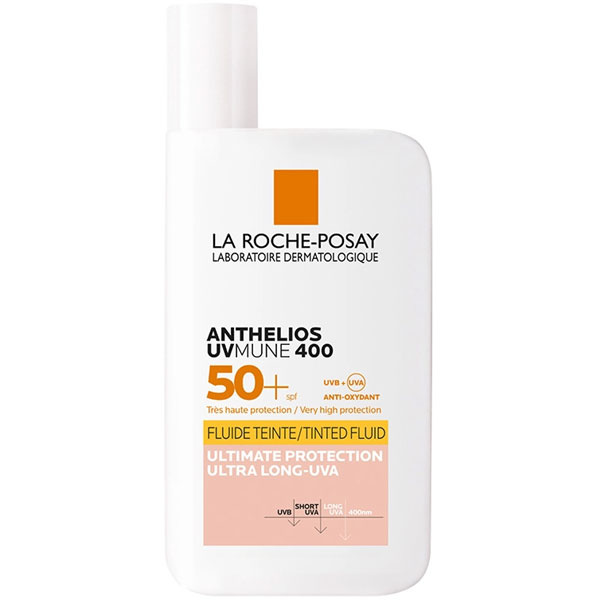
- La Roche Posay
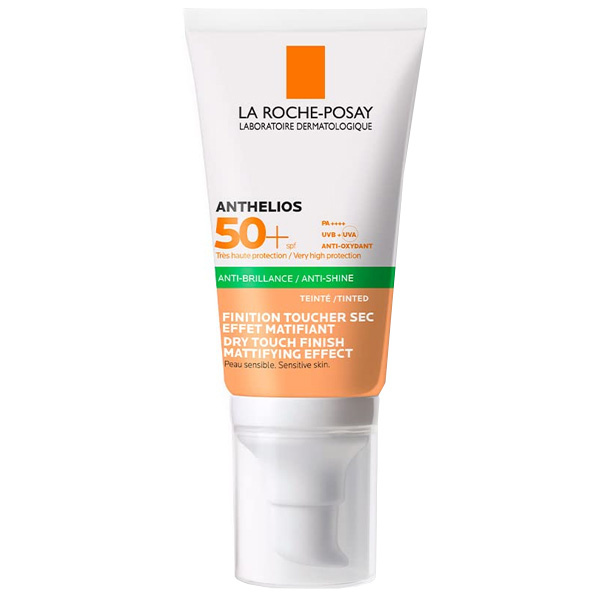
- La Roche Posay
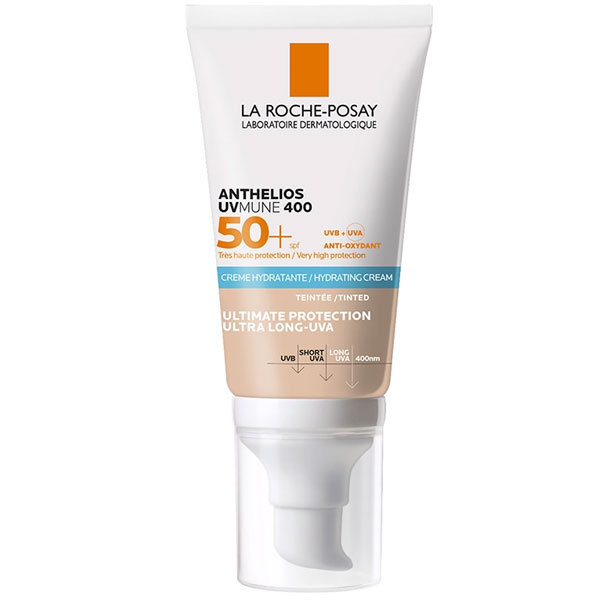
- La Roche Posay
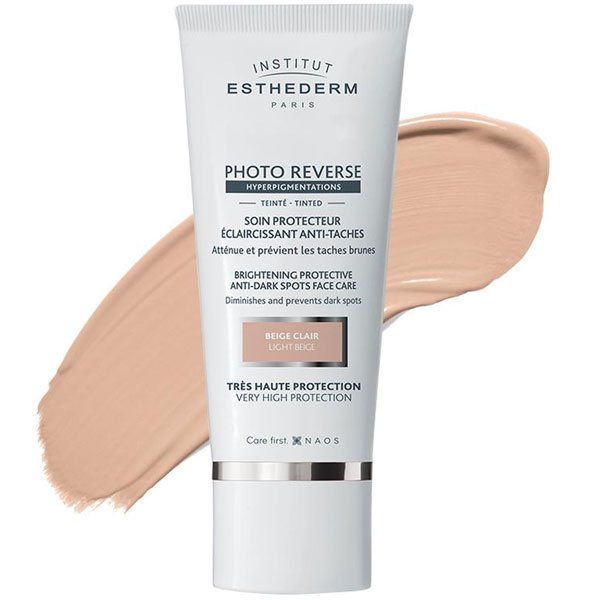
- Institut Esthederm

- Institut Esthederm
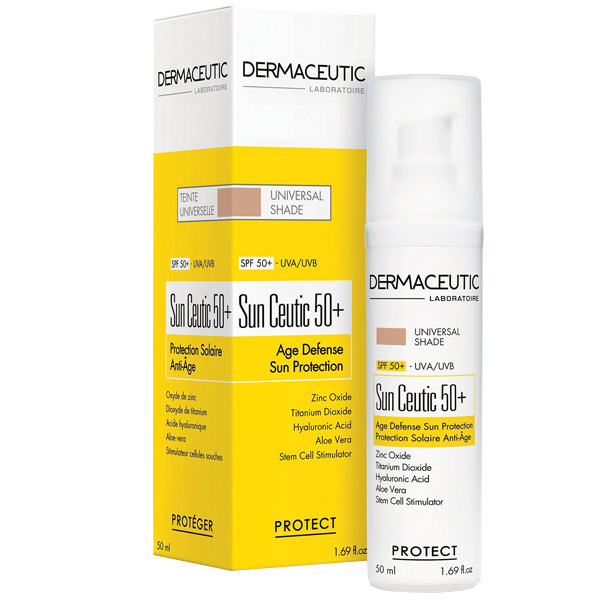
- Dermaceutic
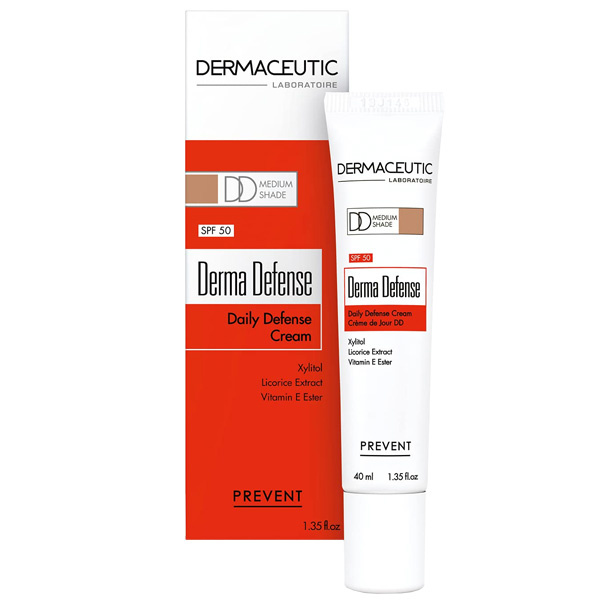
- Dermaceutic

- Bioderma

- Bioderma

- Bioderma
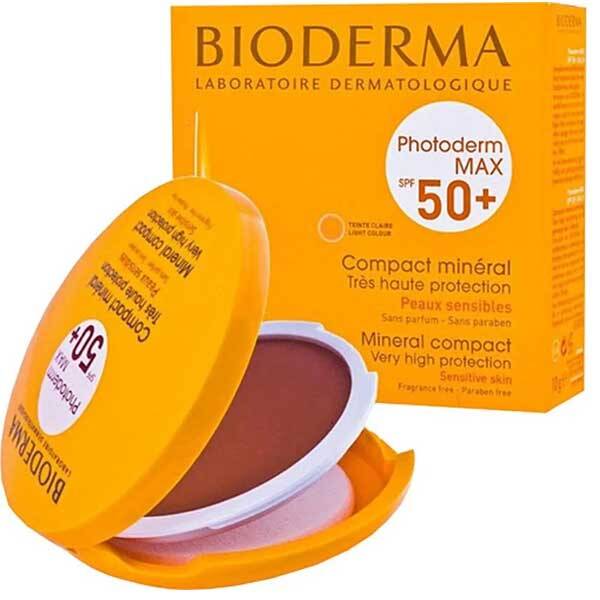
- Bioderma
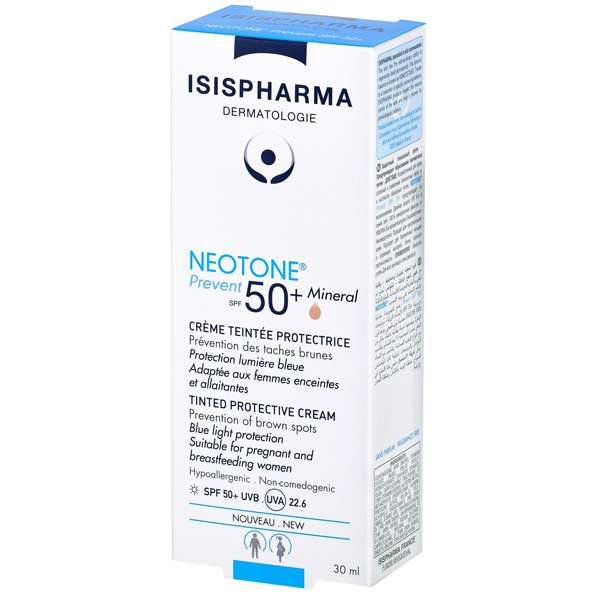
- Isıspharma
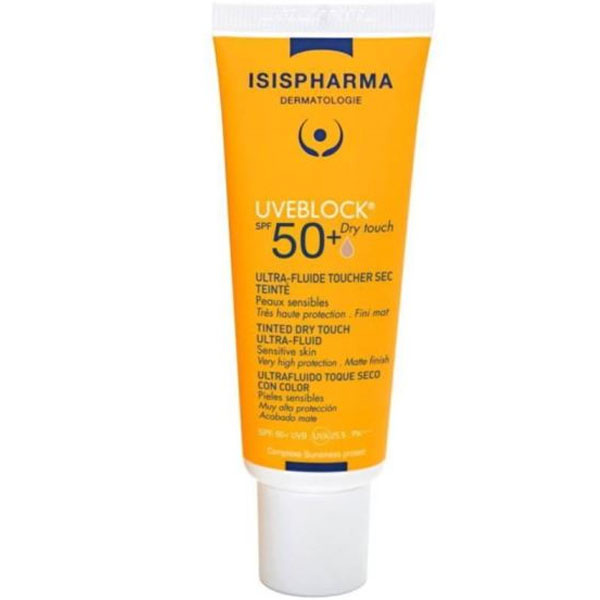
- Isıspharma
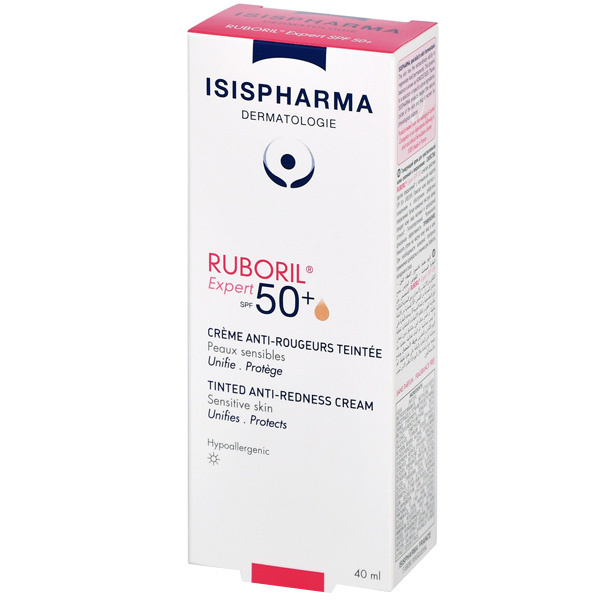
- Isıspharma
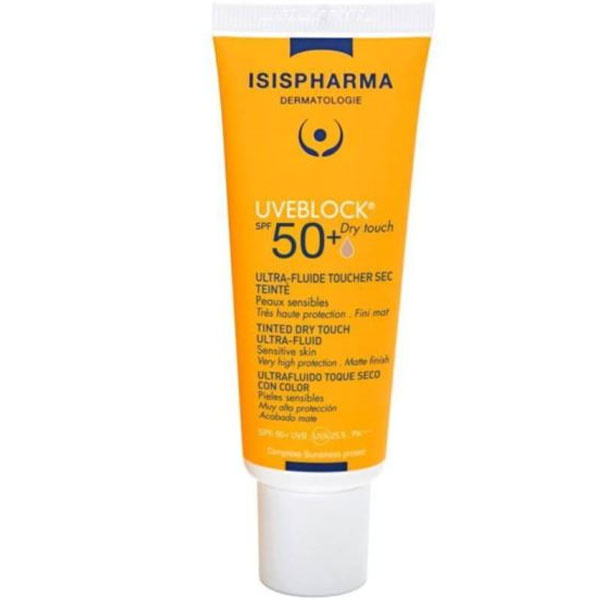
- Isıspharma
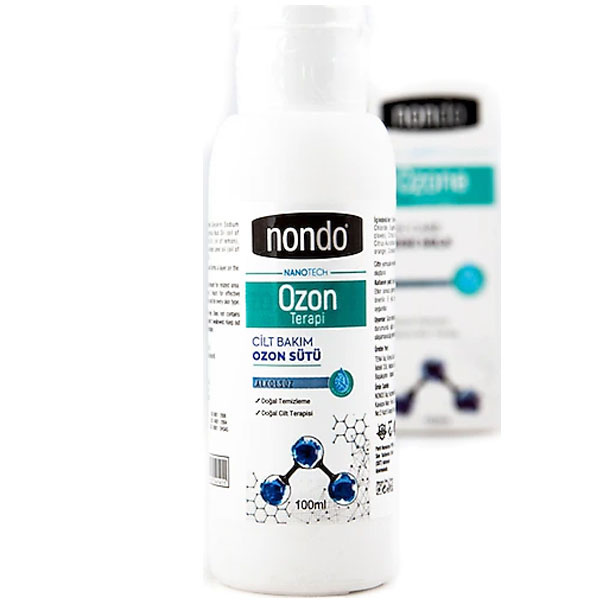
- Nondo
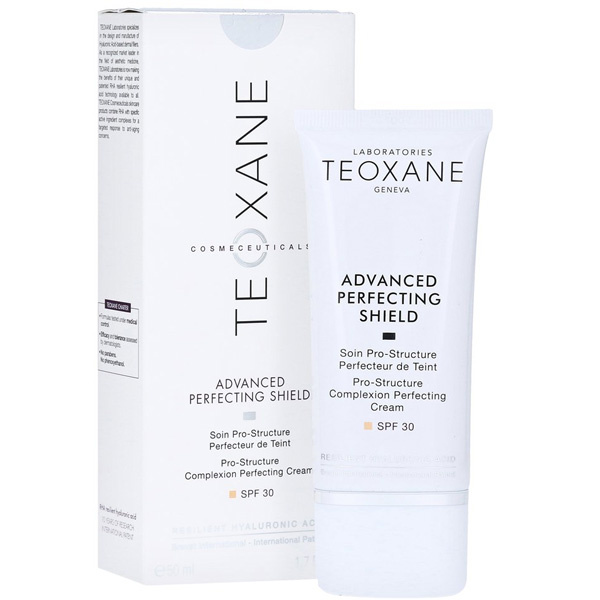
- Teoxane (Teosyal)
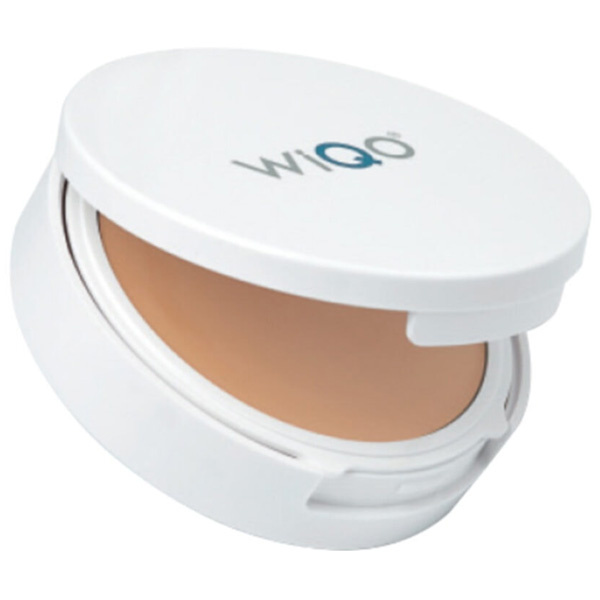
- Wiqo
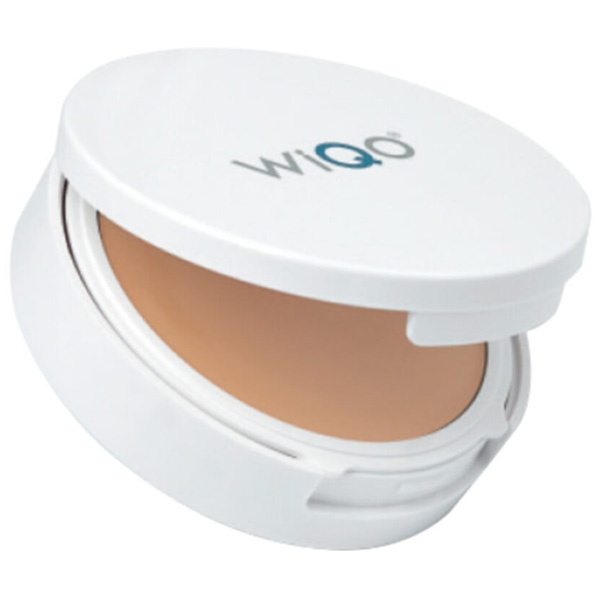
- Wiqo
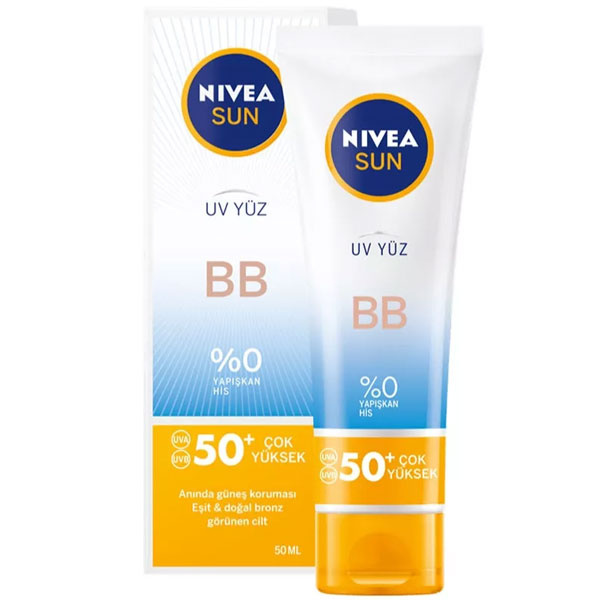
- Nivea


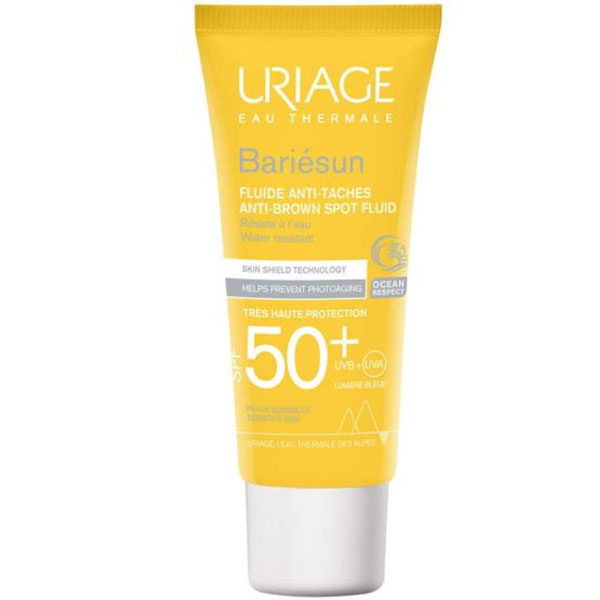
- Uriage
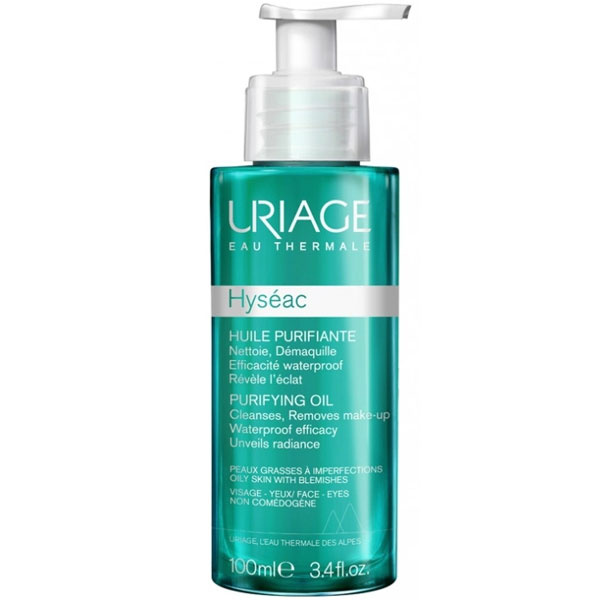
- Uriage
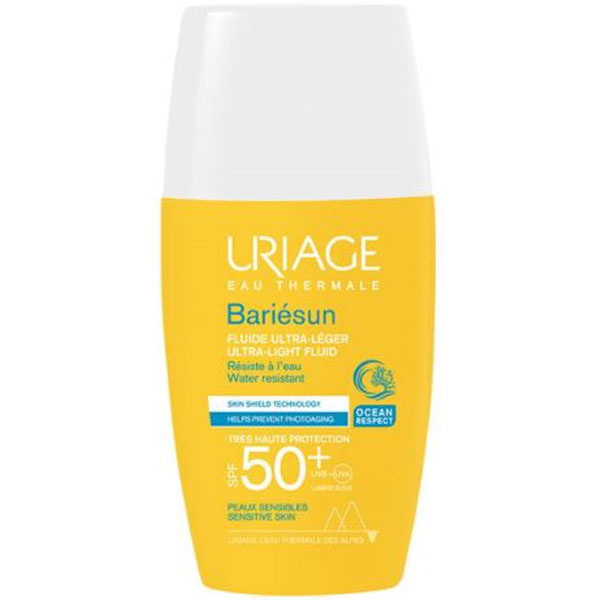
- Uriage
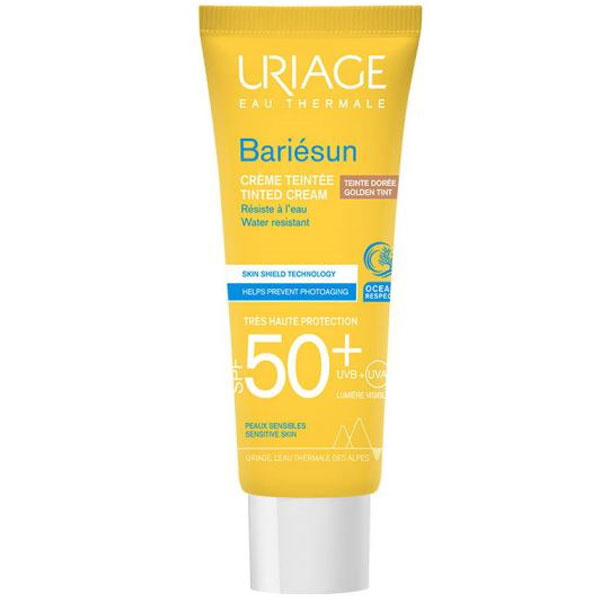
- Uriage
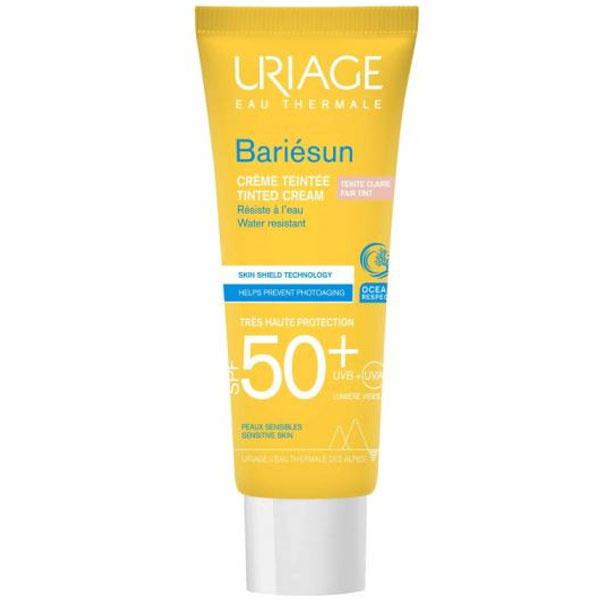
- Uriage
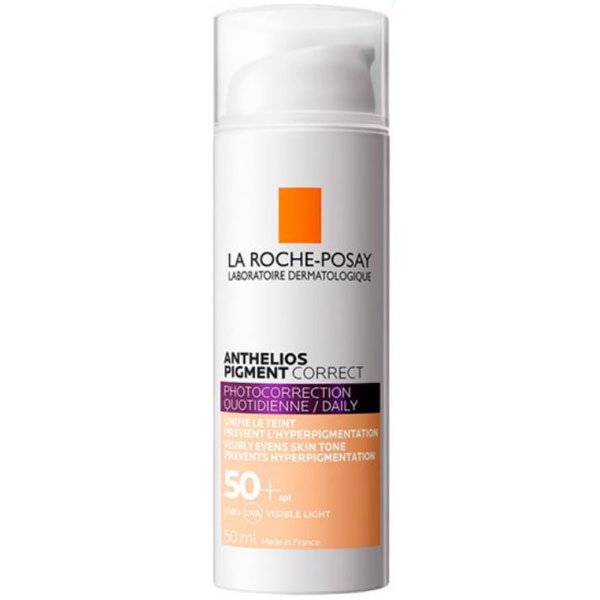
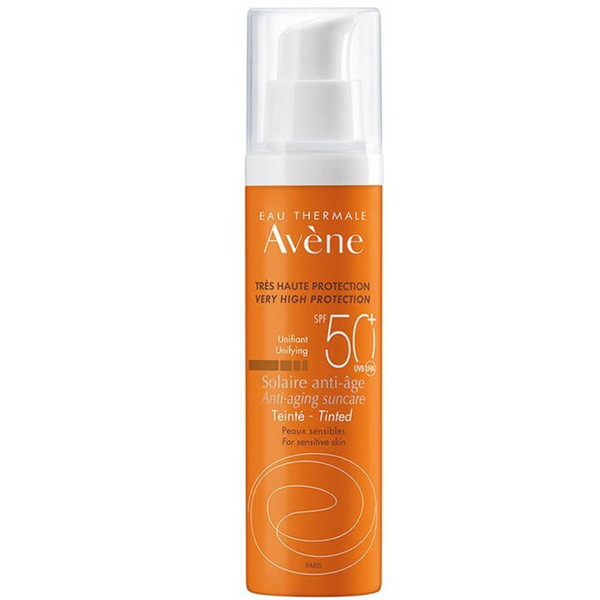

- Vichy
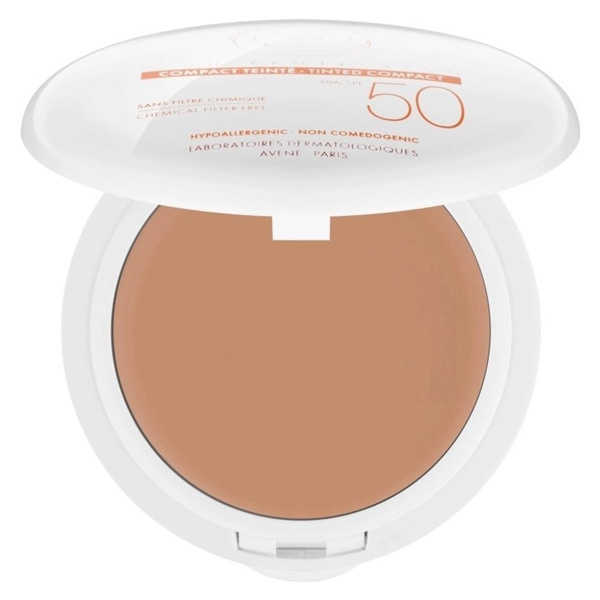
- Avene
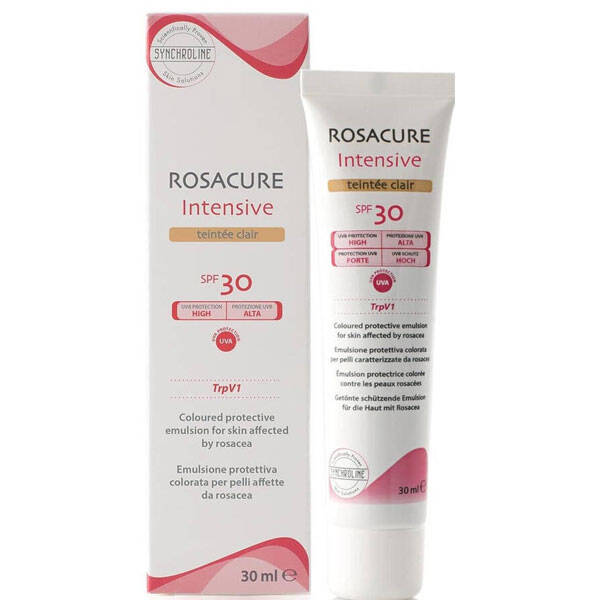
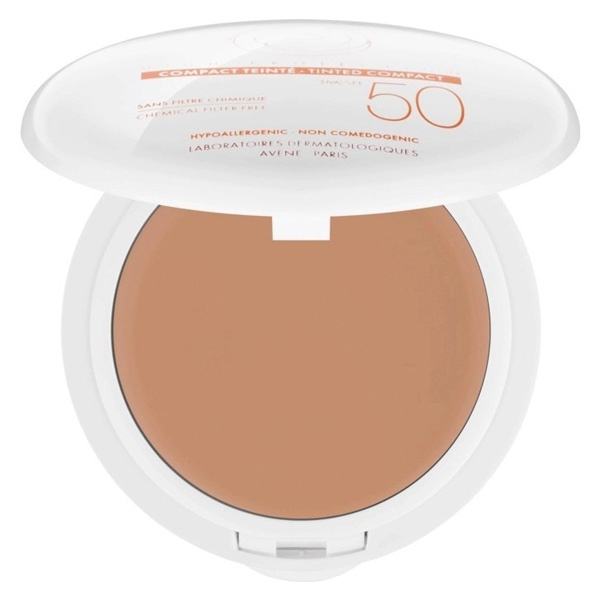
- Avene
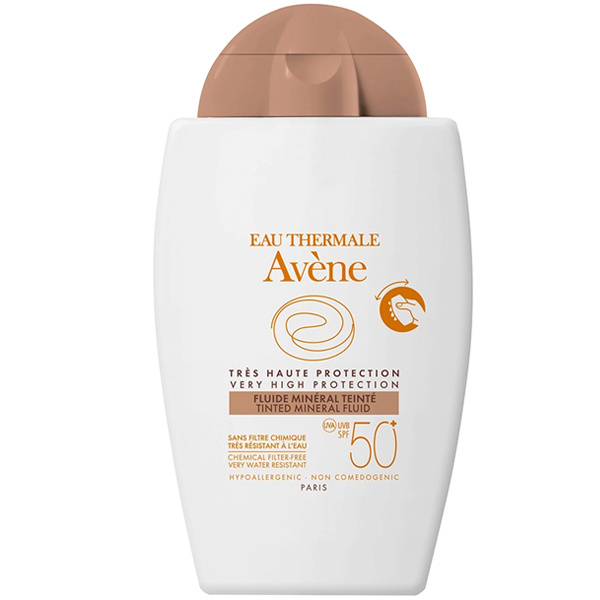
- Avene
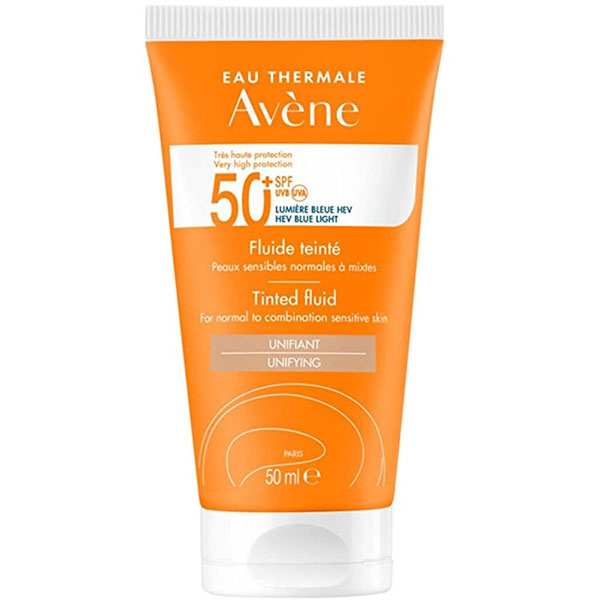
- Avene
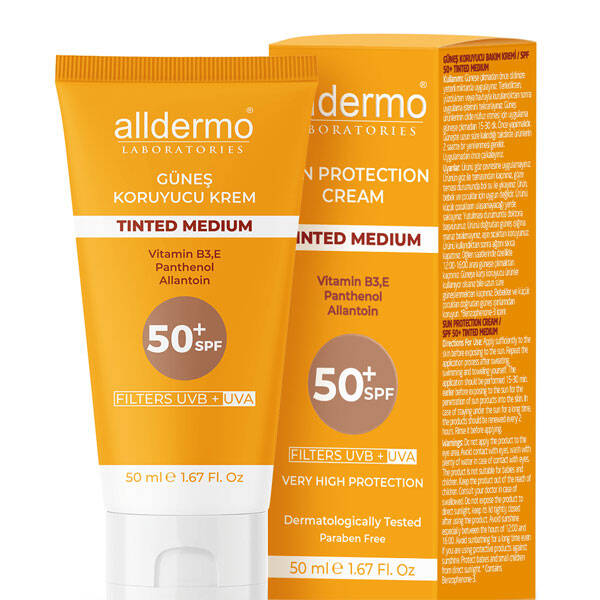
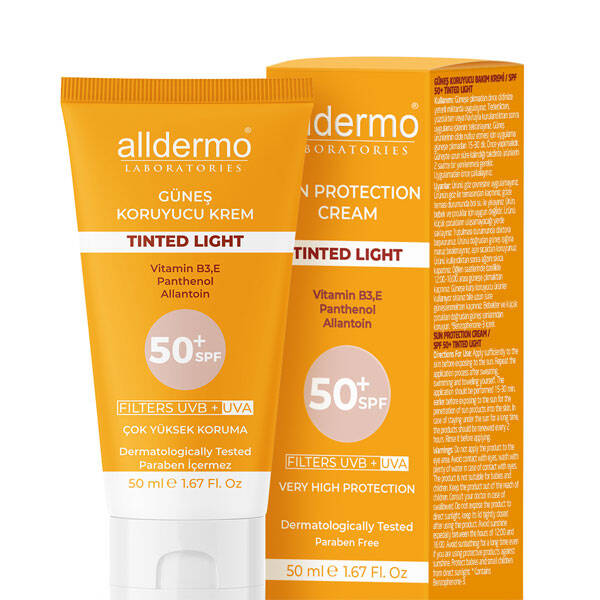
- SVR
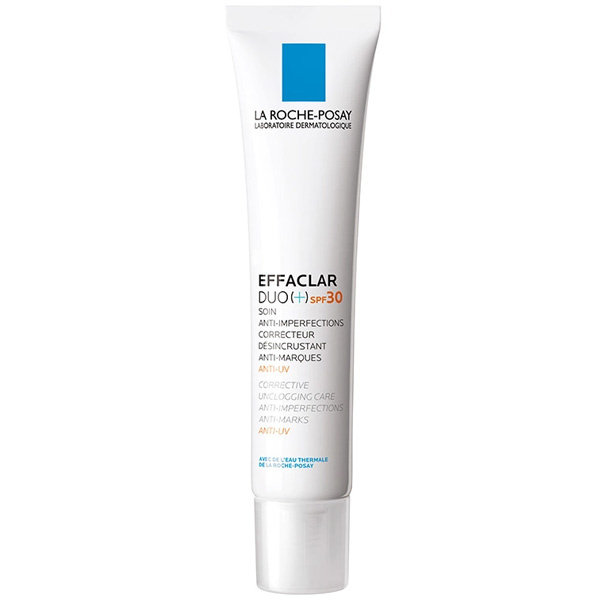
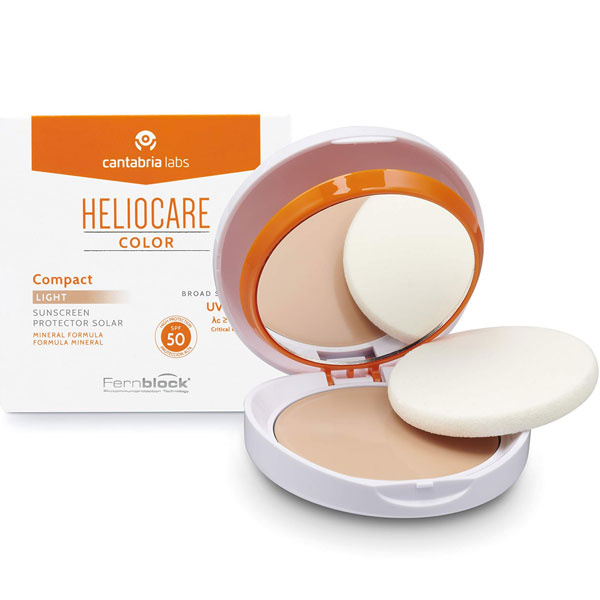
- Heliocare
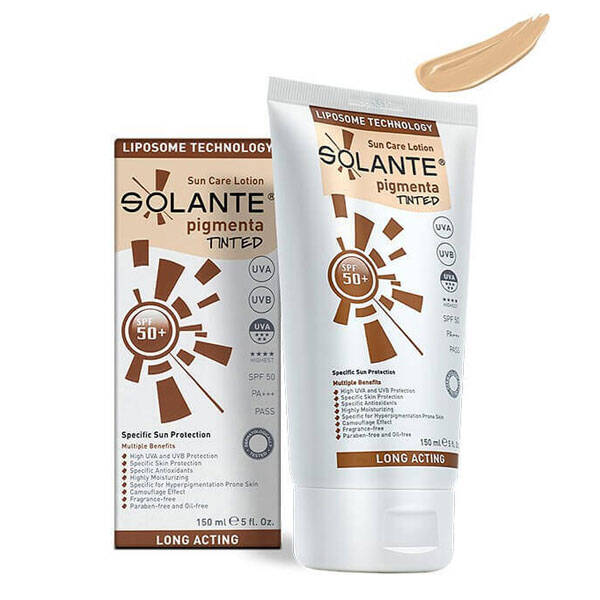
- Solante
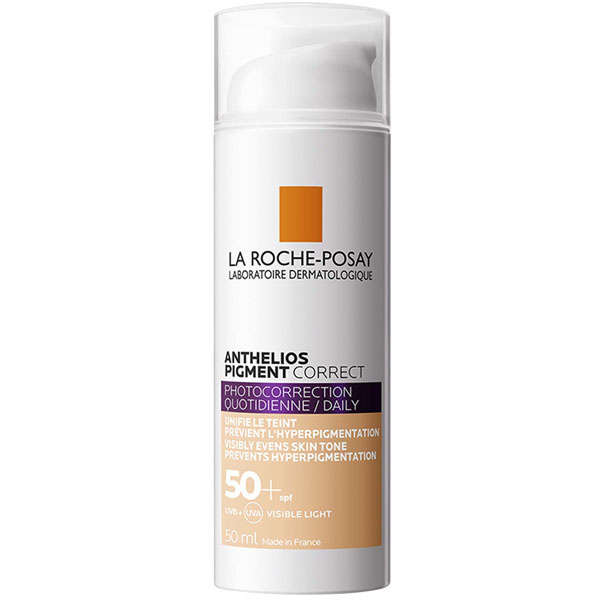

About Us
Consulting about Oily Skin
We have extensive experience in sales, direct export deliveries. We have been supplying Turkey and shipping to Georgia, Russia, Russia and Europe for over 10 years.
- Supply planning for 3, 6, 12 months
- Finding warehouses with the right volumes for optimal logistics
- Organising export deliveries to Asia, Africa, Europe and Russia
Understanding Oily Skin and How to Manage It
Oily skin is a common skin type that is characterized by the production of excess oil on the skin's surface. This can cause the skin to look shiny and feel greasy, which can be both aesthetically unappealing and potentially lead to breakouts and other skin problems. However, with the right care, it is possible to manage oily skin and keep it healthy, clear, and balanced.
Causes of Oily Skin
There are several factors that can contribute to the production of excess oil on the skin, including genetics, hormones, diet, and skincare habits. Hormonal changes, such as puberty or menstrual cycles, can trigger an increase in oil production. A diet high in sugar, processed foods, and saturated fats can also contribute to oily skin. Additionally, using skincare products that are too heavy or not appropriate for your skin type can exacerbate the problem.
Understanding the Benefits and Drawbacks of Oily Skin
While oily skin can be a source of frustration, it is important to remember that oil production is a natural and necessary part of the skin's function. Oil helps to keep the skin moisturized, protected, and healthy. However, when there is too much oil, it can cause problems like breakouts, clogged pores, and uneven skin texture.
How to Manage Oily Skin
-
Keep your skin clean: One of the most important things you can do to manage oily skin is to keep it clean. Wash your face twice a day with a gentle cleanser that is formulated for oily skin. Avoid using soap, as it can strip the skin of its natural oils and make the problem worse.
-
Exfoliate regularly: Regular exfoliation can help to remove dead skin cells, unclog pores, and regulate oil production. Use a gentle exfoliator once or twice a week, depending on your skin's tolerance.
-
Choose your products wisely: When choosing skincare products, look for those that are non-comedogenic, oil-free, and lightweight. Avoid using heavy moisturizers or thick, oily products, as they can exacerbate the problem.
-
Watch your diet: A diet high in sugar, processed foods, and saturated fats can contribute to oily skin. To help manage your skin, it is important to eat a balanced diet that is rich in fruits, vegetables, and lean proteins.
-
Consult a dermatologist: If you are struggling with oily skin, it may be helpful to consult a dermatologist. They can provide personalized recommendations and suggest treatments like topical medications, chemical peels, or light therapy to help manage your skin.
In conclusion, managing oily skin requires a combination of lifestyle changes, skincare habits, and medical treatments. By understanding the causes of oily skin, the benefits and drawbacks of oil production, and the best ways to manage the problem, you can keep your skin healthy, clear, and balanced.
Five Frequently Asked Questions About Oily Skin
- Can oily skin be caused by dehydration?
While it may seem counterintuitive, dehydration can actually cause your skin to produce more oil. When your skin is dehydrated, it may produce more oil in an attempt to compensate for the lack of moisture. That's why it's important to stay hydrated and moisturize your skin regularly to keep it balanced.
- Is it safe to use oil-based products on oily skin?
It is not recommended to use oil-based products on oily skin, as they can clog pores and exacerbate the problem. Instead, look for lightweight, oil-free products that are formulated specifically for oily skin.
- Are there any natural remedies for oily skin?
Some natural remedies that may help manage oily skin include using tea tree oil, witch hazel, and aloe vera. These ingredients have natural astringent and antibacterial properties that can help regulate oil production and soothe irritated skin.
- Should I avoid using moisturizer if I have oily skin?
No, it is still important to moisturize your skin even if you have oily skin. Look for lightweight, oil-free moisturizers that won't clog pores and will help keep your skin balanced and healthy.
- Can oily skin lead to premature aging?
While oily skin may seem like a nuisance, it actually has some benefits when it comes to aging. The natural oils in the skin can help keep it moisturized and protected from environmental damage, which can help slow down the aging process. However, excessive oil production can lead to breakouts and inflammation, which can contribute to premature aging. So, it's important to manage oily skin properly to keep it healthy and balanced.
Sources for Information on Oily Skin
If you're looking for more information on oily skin and how to manage it, there are plenty of resources available to you. Here are some of our top recommendations:
- The American Academy of Dermatology: This organization provides comprehensive information on skin health and conditions, including tips on managing oily skin.
- WebMD: WebMD is a trusted source for health information, and their section on oily skin provides helpful tips and advice for managing this common condition.
- Healthline: Healthline is a great resource for all things health-related, and their section on oily skin includes information on causes, symptoms, and treatments.
- DermNet NZ: This website is run by the New Zealand Dermatological Society, and it provides in-depth information on a variety of skin conditions, including oily skin.
By using these resources, you can learn more about the causes of oily skin, how to manage it, and which products and treatments are most effective. It's important to consult with a dermatologist if you have persistent or severe oily skin, as they can help you develop a personalized treatment plan that works for your unique skin type and concerns.
At Open-NearMe.com, our passionate community of contributors brings you firsthand insights into Singapore's top attractions. From iconic landmarks like Marina Bay Sands and Sentosa Island to lesser-known treasures like Haji Lane's artistic alleyways and East Coast Park's serene beaches, we've got you covered with detailed reviews, stunning photography, and insider tips.
